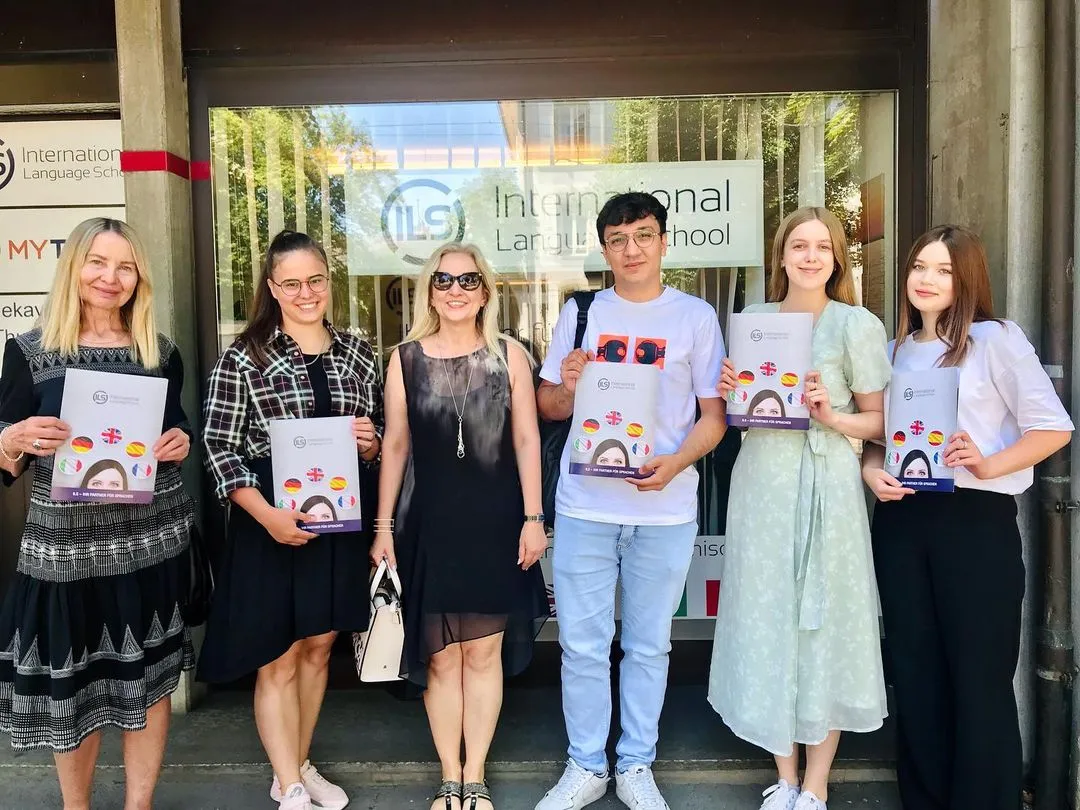
The positive effects of learning a new language in 10 points
In a globalized world where mobility is facilitated, learning a new language is a great advantage. Not only does it help when traveling, but it also provides a significant advantage in general for work and career opportunities abroad. Learning a second language enables the development of various mental skills at any age.
In addition, learning a foreign language also offers the following benefits:
Increasing mental performance.
A foreign language consists of complex rules and structures. Learning a new language means that the brain is confronted with the challenge of recognizing and internalizing new patterns. As the brain grapples with meaning and attempts to communicate, it develops basic learning skills such as cognitive thought processes and problem solving. Improved critical thinking skills are important both personally and professionally.
Memory improvement.
Use it or lose it. How many times have you heard this phrase? It's a simple fact: the more the brain is used, the better it works. Learning a new language requires not only familiarizing yourself with vocabulary and rules, but also remembering and applying that information. Learning a language promotes good brain fitness for your memory. This means that people who speak multiple languages are skilled at remembering names, directions, facts, and symbols and have quick minds.
Developing multitasking skills.
Multitasking can be very stressful for the untrained and incapable. At a university in the United States, multilingual people were studied on how they switch between different languages and think in different languages. People who developed the ability to think between different languages and switch from one language to another showed better performance in multitasking tasks by lowering their stress levels.
Stimulation of the mind.
A study at Pompeu Fabra University in Spain showed that people who speak multiple languages are better at observing their surroundings. They can easily identify misleading and deceptive information. They are also good at debunking misleading information. Is it any wonder that famous fictional detective characters like Sherlock Holmes and Hercule Poirot are talented linguists?
Spiritual vitality.
The average age at which the first signs of memory loss occur in monolingual adults is 71.4 years. For adults who speak two or more languages, this average is 75.5 years. Studies have shown that these results are consistent even after accounting for educational level, income, gender, and physical health.
Improving the decision-making process.
According to a University of Chicago study, decision-making skills become an easier process for people who speak multiple languages. Bilinguals find it easier to be more confident in the decision-making process with practice.
Improvement of the mother tongue.
Learning a new language makes you more aware of the dynamics of your own language. Concepts such as vocabulary, grammar, verbs, idioms, and sentence structure become everyday expressions. Learning a new language makes you a better listener as you interpret content and evaluate fine details.
Improve performance in other academic areas.
Research has shown that the benefits of learning a new language lead to better math, reading comprehension, and vocabulary test scores as a result of higher cognitive skills. Language skills improve the ability to succeed in problem-solving tasks that are recognized in schools as part of the mandatory foreign language curriculum.
Improving Networking Skills.
Getting to know another culture makes you more flexible and allows you to appreciate other people's views and actions. Therefore, mastering several languages allows you to see the world from different perspectives and improve your ability to communicate in a globalized world.
Better career opportunities.
According to a survey conducted by Eton College's Language Development Department in September 2014, 89% of respondents said that employees with multilingual skills add value to their workforce, while 88% emphasized that employees with language skills are important to their companies when hiring. Being proficient in multiple languages is definitely a competitive advantage these days.
Learning a language not only helps improve social interactions, but also helps develop strong cognitive skills such as mental flexibility, multitasking, listening skills, and problem solving. What language would you like to learn next?














